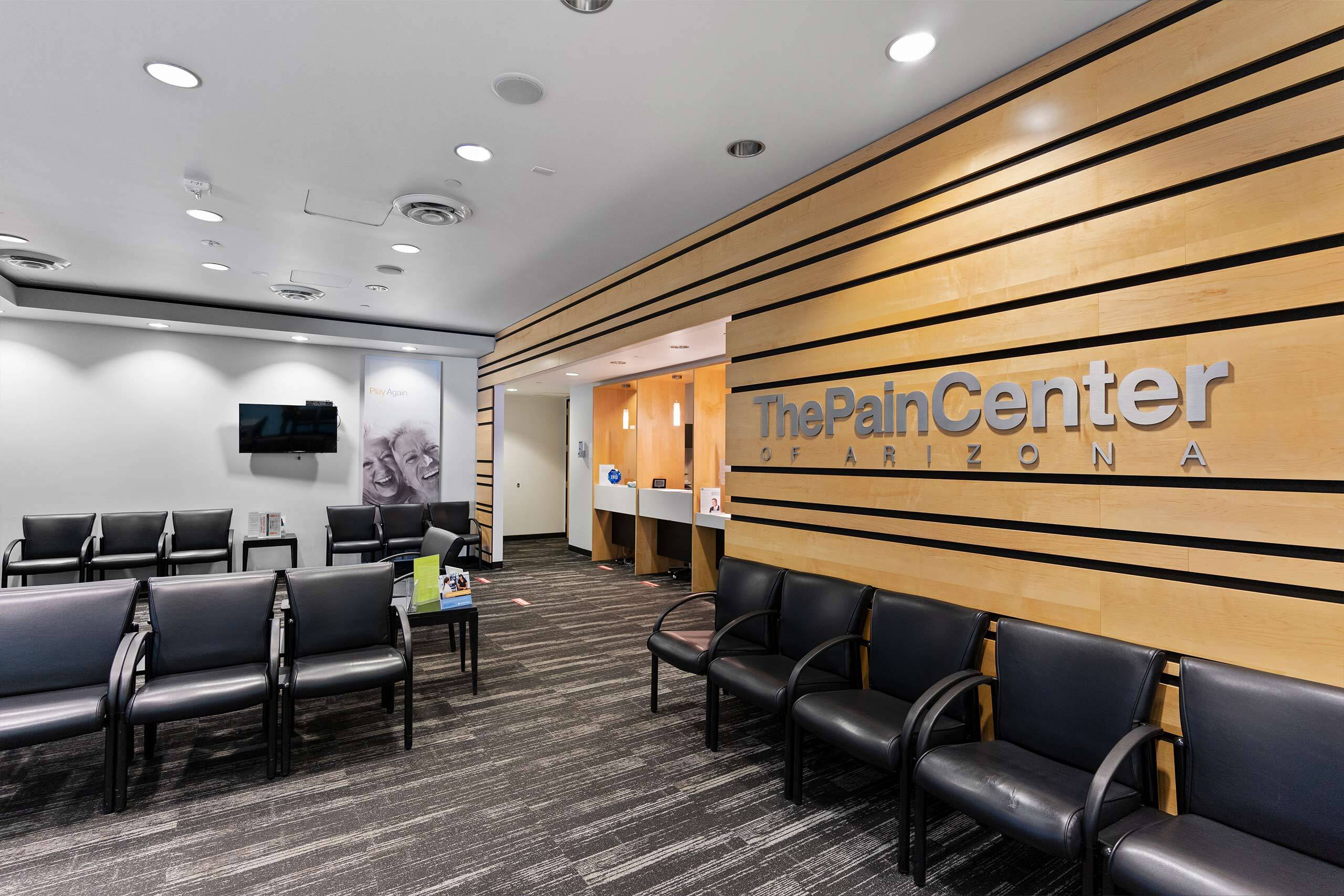Medication Management
Medication management is a complex process that allows the pain specialist to regulate prescription pain medication being consumed by a patient for their chronic pain condition. A pain management specialist provides patients with the tools, knowledge, and information needed to ensure the patient is taking the prescription pain medication correctly.


What is Medication Management?
Medication management is a necessary, but complex process that allows the pain specialist to regulate prescription pain medication being consumed by a patient for their chronic pain condition with the goal of improving their overall quality of life.
The two categories of chronic pain are:
- Nociceptive pain – inflamed or injured tissue
- Neuropathic pain – nerve damage or injury
A pain management specialist provides patients and caregivers with the tools, knowledge, and information needed to ensure the patient is taking the prescription pain medication correctly, especially in cases where multiple medications are prescribed so as to avoid severe side effects due to incompatible drug interactions.
How are Medications Prescribed for Pain Management?
Nociceptive Pain
Nociceptive pain is typically treated by anti-inflammatory and analgesic medications as a result of tissue damage. Neurons report damage to your brain, bringing about sensations of pain.
There are two types of nociceptive pain:
- Somatic – of the skin, muscles, bones, or joints
- Visceral or gut – within the organs, or thoracic and abdominal cavity
This pain can be sharp, dull, or aching. When pain is severe and refractory, opioids become a consideration for pain management.
Common medications used to treat nociceptive pain include:
- Acetaminophen
- Non-steroidal anti-inflammatory drugs (NSAIDs)
- Aspirin
- Ibuprofen
- Ketoprofen
- Naproxen sodium
- COX2 Inhibitors
- Opioids
- Atypical Opioids

Neuropathic Pain
Neuropathic pain results from injury to a nerve.
Typical symptoms of neuropathic pain include:
- Burning sensations
- Increased sensitivity
- Shooting sensations
- Sharp pains
- Numbness
- Tingling
- Weakness
Common neuropathic medications include:
- Anticonvulsants
- Tricyclic antidepressants
- Certain antidepressant medications
- Serotonin reuptake inhibitors (SSRIs)
- Serotonin and norepinephrine reuptake inhibitors(SNRIs)
Tricyclic antidepressants do well to relieve burning and searing sensations that come from neuropathic pain. They don’t cause dependence, so they’re safe to take for long-term use without risk of addiction.
Some side effects include:
- Drowsiness
- Dry mouth
- Constipation
- Weight gain
- Difficulty urinating
- Blood pressure change
Other Conservative Treatments for Chronic Pain
- Intrathecal Pain Pump
- An intrathecal pain pump procedure is a long-term medication delivery system to your spinal cord, allowing for the safe application of pain medications over time with little risk, protecting you from addiction and other negative side effects.
- Nerve Blocks
- Therapeutic nerve blocks contain local pain medications that can control acute pain.
- Steroid Injections
- Injections of dexamethasone (a steroid) help reduce pain and inflammation. It can be very effective for cases of arthritis, rheumatoid arthritis, and osteoarthritis.
- Neuromodulation
- Neuromodulation treatments use low-voltage electrical pulses to block pain signals sent to your brain.


Get the care you need within 24 hours*
We know when you’re looking for relief for your chronic pain, you can’t wait any longer than you already have. This is why we can schedule you with an appointment within 24 hours at most of our pain centers across the Valley, so you can start your journey to life-long pain relief as soon as tomorrow.



